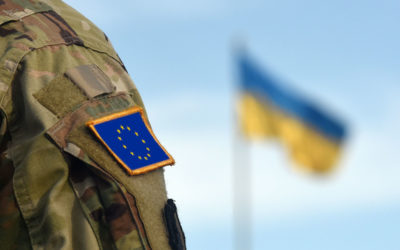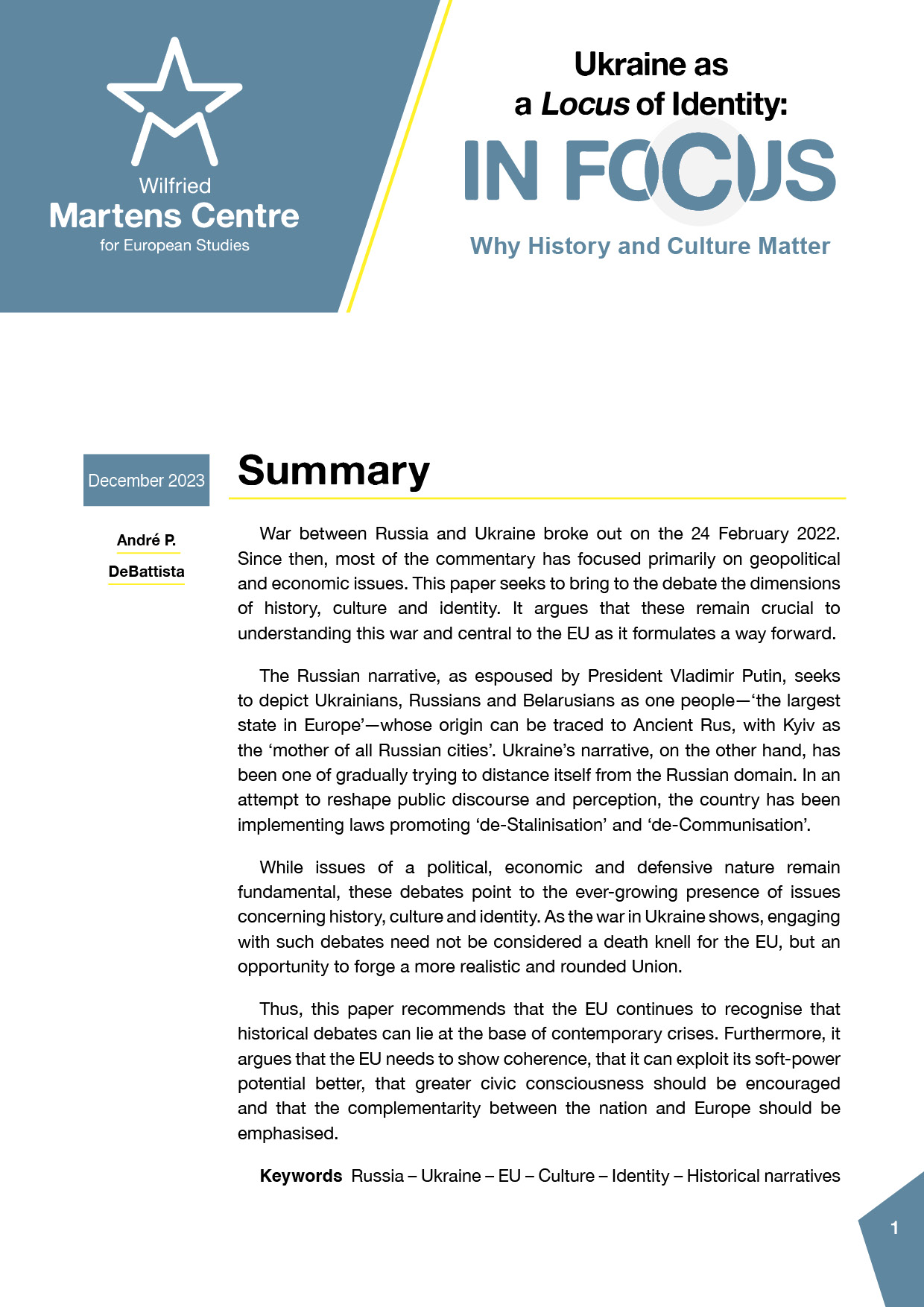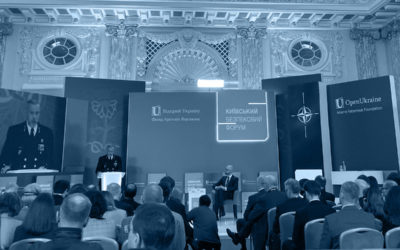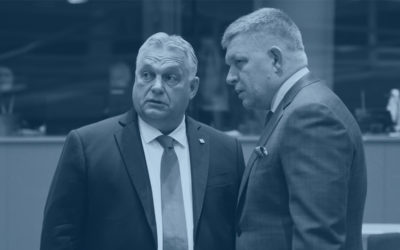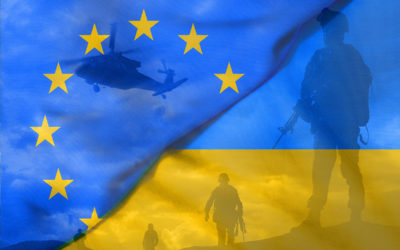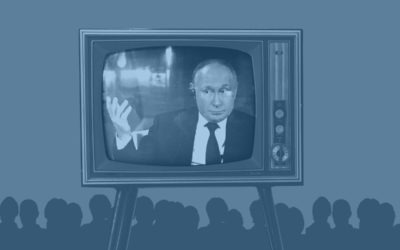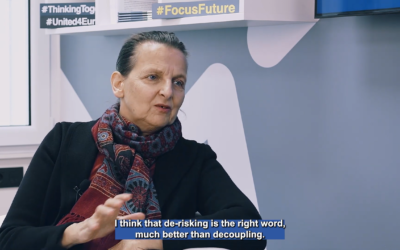Putin is Unlikely to Attack Ukraine – but Europe’s Complacency Would be Detrimental
10 January 2022
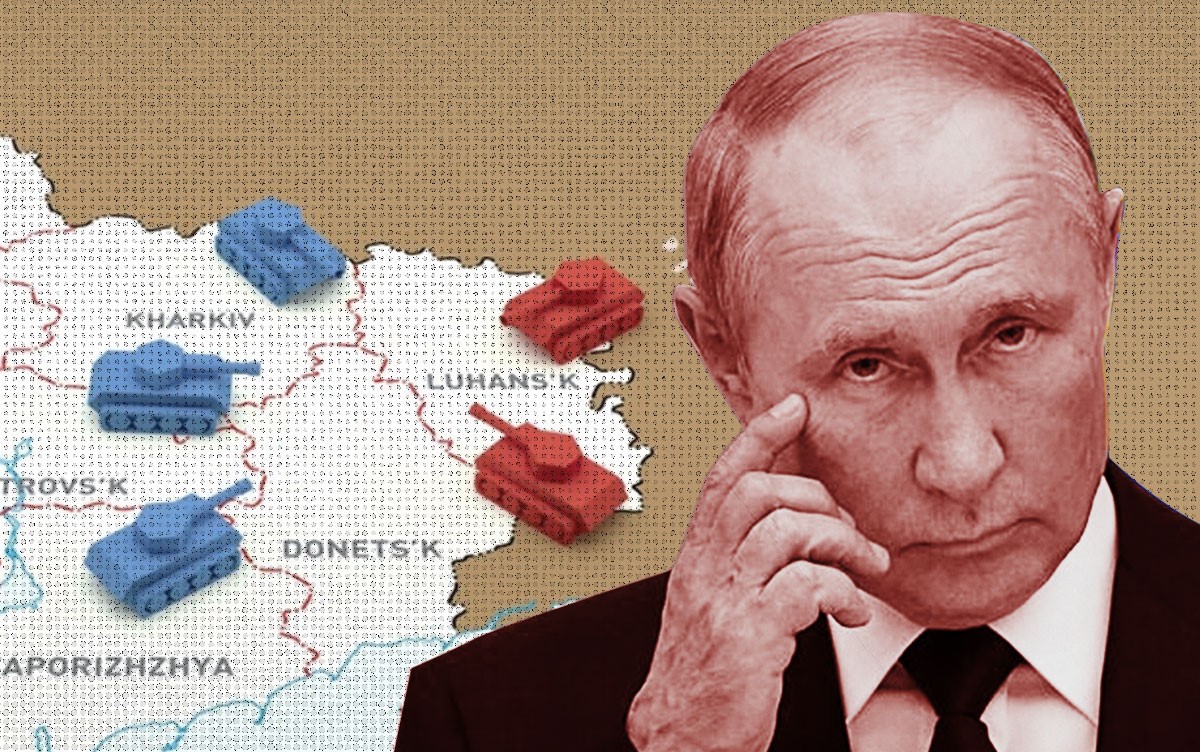
The United States and Russia initiated a discussion on 10 January on European security and the Ukraine conflict, after Moscow demanded NATO commit to halting its expansion. Putin has already achieved an important goal: Russia has a principal seat at the negotiating table as Europe’s security architecture is being negotiated, without any other Europeans.
For the average Ukrainian, the most concerning question nevertheless remains possible Russian aggression in the coming weeks. Despite the fact that after years of speculation and concern, Ukrainians have become somewhat numb to the daily speculations of war, the current situation is very worrying. Member states on the Eastern flank of the EU are following the situation with grave concern, especially those countries bordering Russia.
In an interview with the Martens Centre, Russian opposition politician and former Deputy Minister of Energy and Martens Centre Research Associate Vladimir Milov gave an in-depth analysis on Russia’s intentions concerning Ukraine. In his view, Putin’s main goal is to ensure he plays a role in international fora when it comes to geopolitics, rather than truly search for conflict.
According to Milov, the idea of a major war is hugely unpopular and would have a significant impact on Putin’s approval ratings, which Putin knows all too well. One recent poll shows that two thirds of Russians prioritise personal economic well-being and higher living standards over geopolitical greatness – among Russians aged 40 or below, this figure jumps to 70%.
Importantly, the Russian people do not really expect a war with Ukraine – the majority says it is unlikely. Thus, should there be a full-scale military confrontation between Ukraine and Russia, the war would come as a surprise and contradict Russian popular aspirations.
A rapidly-rising concern is the increasing concentration of Russian troops in Ukraine’s neighbourhood. However, these ‘troops near the Ukraine border’, which we have heard so much about are not stationed in the field – they are amassed at permanent stationery bases like Pogonovo near Voronezh, which is geographically near the Ukrainian border, but in reality, is just a large stationery military base in Central Russia.
As Milov points out, it is a relatively easy exercise for Putin to bring even a hundred thousand troops to military bases of that scale, because he can keep them there for an indefinite period without incurring major costs, playing with the West’s nerves and raising fears of an invasion, as a near no-cost exercise.
The West should remain vigilant nevertheless. Russia is accumulating its combat-ready forces, and is conducting military drills with these units, which are effectively rehearsals of a hypothetical invasion. In such an environment, there are real risks of dangerous, war-triggering incidents, such as warplanes violating Ukrainian airspace during military exercises and Ukraine reacting to it. Should there be any mistake or sign of weakness from the West, Putin will use it.
Italy’s President Mario Draghi was stating the obvious in December 2021. When it comes to resisting Russia in its pressure campaign on Ukraine, Europe has little leverage.
However, the fundamental European problem is not the lack of common security structures with EU member states, there are plenty of those. The core challenge is not institutional but political. European countries do not have the political will nor culture to even think of engaging militarily outside their own borders, let alone in some cases taking full responsibility of their own security, even within the NATO structure.
Finland’s President Sauli Niinistö, in his widely quoted New Year’s speech, referred to Henry Kissinger’s wisdom; Kissinger pointed out that whenever avoidance of war has been the primary objective of a group of powers, the international system has been at the mercy of its most ruthless member.
Motivated by Putin’s latest actions, European leaders and the public need to ask if their strategy of complacency has come to an end and if their avoidance of war, well-meaning as it may be, might be detrimental to the peaceful European continent.
ENJOYING THIS CONTENT?



